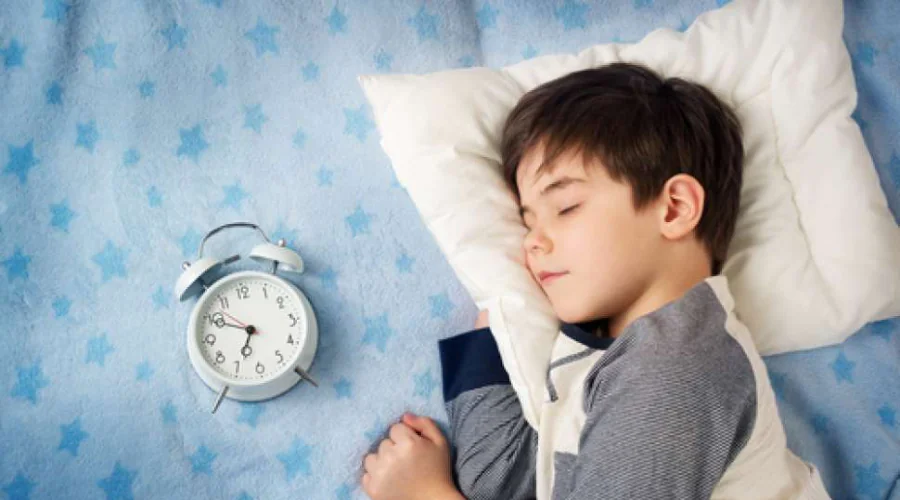
- 08 Aug
- 2022
Ilustrasi gambar (Shutterstock)
The Importance of Sleeping Before Midnight for Health According to UM Surabaya Health Experts
So far, the need for sleep is still considered trivial or even less important than healthy food and activity. In fact, if someone lacks sleep every night will receive dangerous consequences.
Lack of sleep is often experienced by industrial society. The World Health Organization (WHO) has declared that sleep deprivation is endemic in all industrialized countries.
Lecturer at the Faculty of Health Sciences (FIK) Muhammadiyah University of Surabaya (UM Surabaya) Idham Choliq explained the importance of sleeping before midnight to maintain health.
According to Idham, in the best-selling book entitled Why We Sleep, written by sleep expert Matthew Walker, it is explained that a routine of sleeping less than six or seven hours each night is more damaging to the immune system than increasing the risk of getting cancer by more than doubling.
"Besides, sleep deprivation determines whether a person will later get Alzheimer's or not," explained Idham Monday (8/8/22)
According to his explanation, lack of sleep increases the likelihood of coronary arteries becoming clogged and brittle, the risk of developing cardiovascular disease, stroke and congestive heart failure.
"What is important to know is that sleep deprivation, even if it is moderate and only for a week, can interfere with blood sugar levels to the point that the results can be classified as prediabetes (early warning signs of diabetes)," he said again.
Seeing the consequences above, it can be concluded that the shorter a person's sleep, the shorter his life span.
Idham also reminded someone not to lose sleep let alone sleep until midnight. The American Academy of Sleep Medicine and the Sleep Research Society recommends getting 7 hours or more of sleep for adults.
At the end of his statement, Idham emphasized that to avoid sleeping in the middle of the night, there are several things that need to be done. Avoid drinking caffeine at bedtime because it will disturb sleep. Do something relaxing before going to bed, such as reading or doing breathing exercises. Create and follow a daily sleep schedule. Prepare a comfortable bed. Keep electronic devices out of bed or turn them off.










(0) Comments